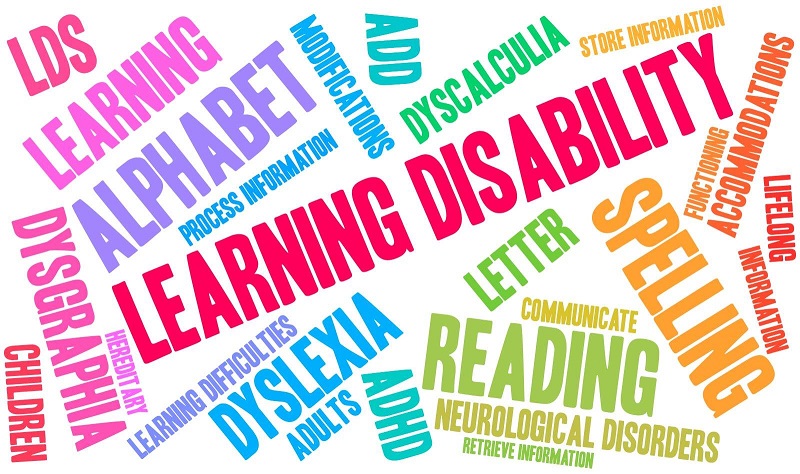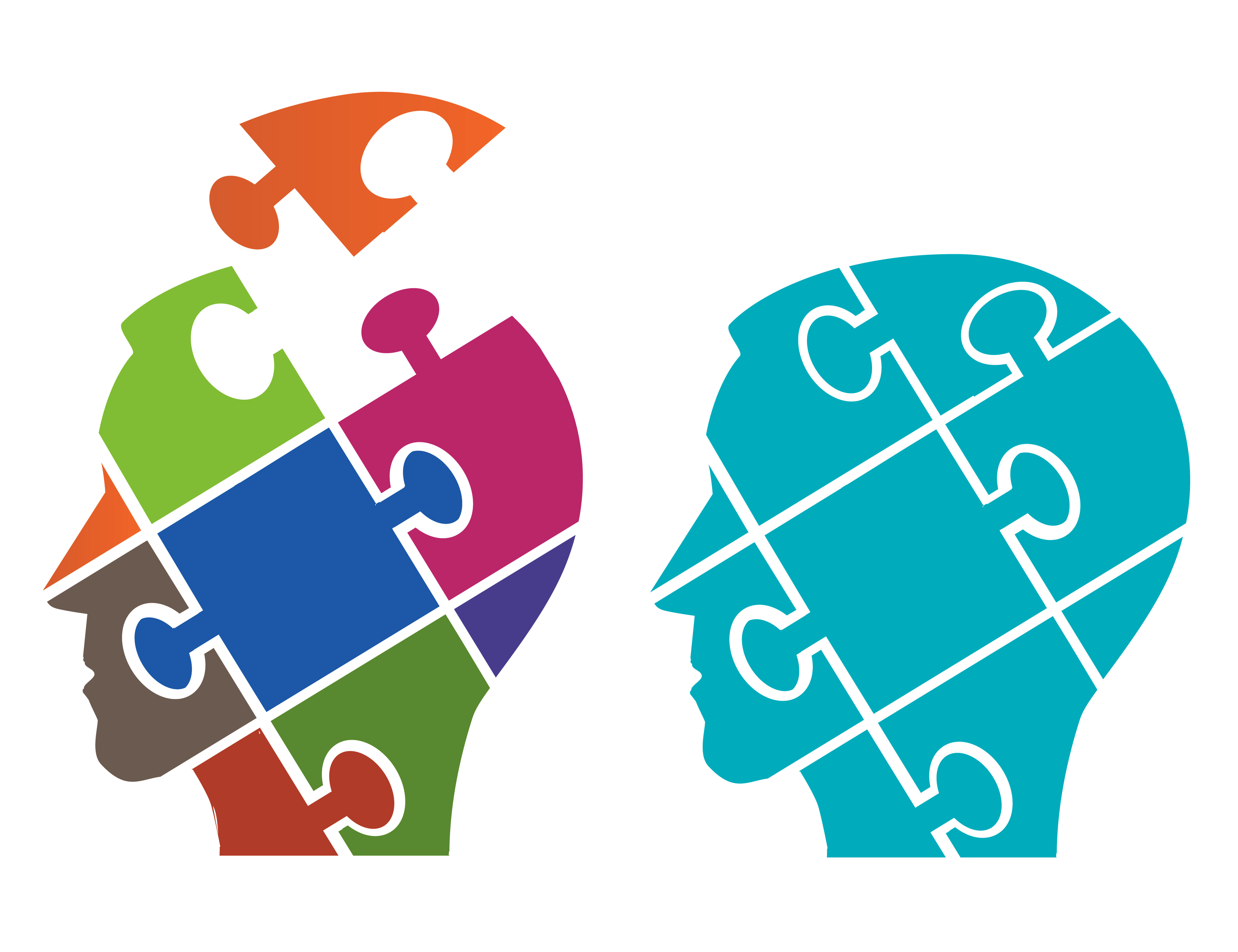A Specific Learning Disability

Young people who suffer from a Specific Learning Disability may exhibit academic problems and difficulties learning, as well as behavioral and emotional concerns. Behavioral and emotional concerns can occur as a consequence of the learning stress, anxiety and frustration that is often associated with a learning disability in children.
What Is A Specific Learning Disability?
Children who struggle to learn and keep up with their peers at school may have a specific learning disability.
Despite average thinking and reasoning skills the learning disabled
child performs poorly in one or more academic areas and well below
expectations based on the child’s age, educational and intellectual
functioning levels. A Specific Learning Disability is characterized by
specific weaknesses in one or more of the basic neuro-psychological
processes involved in understanding or using spoken or written
language.
The term does not include children who experience learning problems as a result of visual, hearing or motor handicaps, or developmental delays (intellectual disability) or emotional disturbance. Nor does it apply to children who experience learning problems that are primarily the result of environmental or economic disadvantage.
Signs of a Specific Learning Disability
Signs of a Specific Learning Disability in Pre-School or Kindergarten Children include problems with the following:
- Learning the alphabet
- Recognizing letters
- Rhyming Words
- Remembering the association between letters and their sounds
- Counting and recognizing numbers
- Fine motor skills and/or using pencils, crayons and scissors
- Learning the names of colors
- Being understood by others
- Developing age appropriate language skills.
- Delayed language development (problems with articulation or pronunciation, first words, speaking in sentences)
Signs of a Specific Learning Disability in Elementary School Children
These include problems with the following?
- Listening to class discussions and following instructions
- Remembering routines
- Fine motor activities (holding a pencil, printing or handwriting).
- Understanding lessons and new concepts
- Remembering lessons and new information
- Learning new information and skills
- With organization (e.g. keeping notes organized and neat)
- With task completion and remembering and meeting deadlines
- Drawing or copying shapes.
- Learning new vocabulary.
- Speaking in full sentences.
- Remembering and retelling information from stories
- Paying attention and concentrating on school work
- Expressing thoughts orally or in writing
- Succeeding in one or more subject areas (reading, writing, math or spelling).
- Understanding conversation and questions

Neuropsychological Processing Concerns
Young people who suffer from a Specific Learning Disability show a pattern of neuropsychological processing problems, which are unique to each afflicted individual. These include auditory processing difficulties such as problems discriminating, sequencing and comprehending sounds, difficulty assigning meaning to sounds and remembering the association between the sound and its letter. They may show reading problems as a result. Some learning disabled individuals show problems understanding what they hear, and may have difficulty processing and remembering auditory information. This may include lesson content and concepts, instructions or letters and numbers and words and information that is presented auditorially. Other learning disabled individuals may show visual processing difficulties. They may respond more slowly to visual material and experience problems remembering, organizing and understanding visual information.
Other learning disabled people may demonstrate memory problems.
They may recall fewer items from lists of letters, words, nonsense
syllables, sentences, digits and objects, whether they view this
information or hear it. Others may show problems remembering verbal
narrative material such as the content and/or details of stories that
are read to them. Whereas others may show difficulty, remembering visual
material, such as visual spatial locations, faces and visual-abstract
material.
Learning disabled children may also show executive function deficits, including failure to consider and use appropriate strategies to complete tasks and to monitor how well they are doing.
Some will show weak language skills which can contribute to learning problems across all academic skill areas. Language weaknesses can also contribute to thinking and information processing difficulties.
Language based learning deficits may also include problems with:
- Phonology or the sounds of language and rules for combining them.
- Articulation or production of speech sounds.
- Morphology or formation of words.
- Syntax or the formation of words into phrases or sentences.
- Semantics or meaning in language.
- Pragmatics or the use of language in social contexts.
Children with language based learning disabilities experience problems with receptive language, or understanding what is said to them. Expressive language weaknesses are often evident. Children with expressive language problems experience difficulties verbally expressing, organizing and retrieving their ideas, thoughts and needs.
Understanding the Problem is the Key to Solving It

Dr. O'Connor provides in depth, comprehensive school neurpsychological assessments to get to "the root of the problem," in this case, is the young person showing symptoms of a Learning Disability, and does he or she meet the criteria for a Learning Disability. And if so where do his strengths and weaknesses lie?
The school neuropsychological assessment provides a detailed, comprehensive understanding of the problem. It
leads to diagnoses that apply to the problem and provides the
foundation required to support evidence based interventions to address
it. Without a comprehensive assessment to provide this understanding it will be difficult to address the learning problems the young person shows. The assessment becomes part of the solution; its findings lead to evidence based
interventions to address the young person's specific learning challenges.